Your pre-renovation checklist – 10 things you must do before you start your next project
Make sure your home remodel goes to plan by following our top tips for success


When it comes to starting a home renovation, the old saying – attributed to Benjamin Franklin – holds true: ‘By failing to prepare, you are preparing to fail’.
While it might be fine to carry out spontaneous redecoration of a tired-looking space over a weekend, the bigger the overhaul, the more work you’ll need to put into planning ahead.
Laying the groundwork for your demo and reno can help you save money and time as you put contingencies in place for everything from contractor delays to spiraling material costs.
Your pre-renovation checklist
Follow our pre-renovation checklist of things you must do before you begin your renovation to help your project come in on time and budget.
1. Decide what you want from your reno
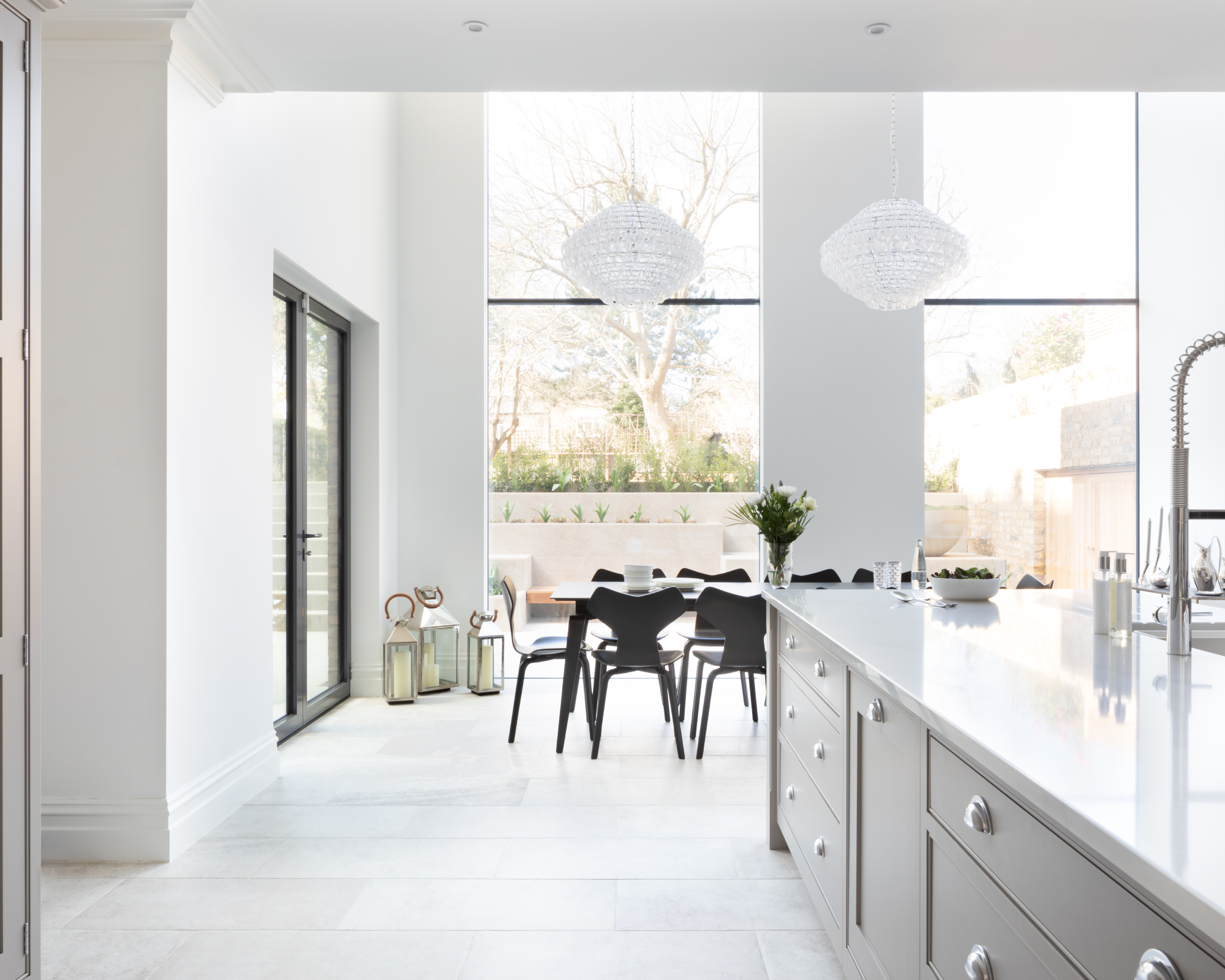
Do you need to extend your home? Add extra rooms? Remodel a bathroom? One of the best money-saving tips before renovating is to be certain of what you want to achieve before you so much as lift a power tool to give yourself the chance to consider all the alternatives.
Why embark on a more costly extension or conversion when knocking through existing rooms to create an open-plan feel could be just as effective – and cheaper?
Could your layout flow better if you simply switched rooms and turned an overly long living room into a sociable new kitchen-diner and the old cramped kitchen into a cozy den or media room? Explore all your options to ensure which is best for you and your budget.
2. Set the budget
Decide how much you can realistically afford to spend on your dream reno and how you will finance it. Research average costs for the work you want done and calculate the total, then factor in a contingency of five to 10% for overages. If your estimate busts your budget, this gives you the chance to scale back the project or look at areas where you can save.
A good rule of thumb is to think about the return on investment (ROI) and whether the improvements you are planning will add as much value to your home as they cost to carry out. Unless they are a structural or lifestyle necessity, an expensive remodel with the most high-end fixtures and fittings may not be worth it.
3. Get contractor quotes
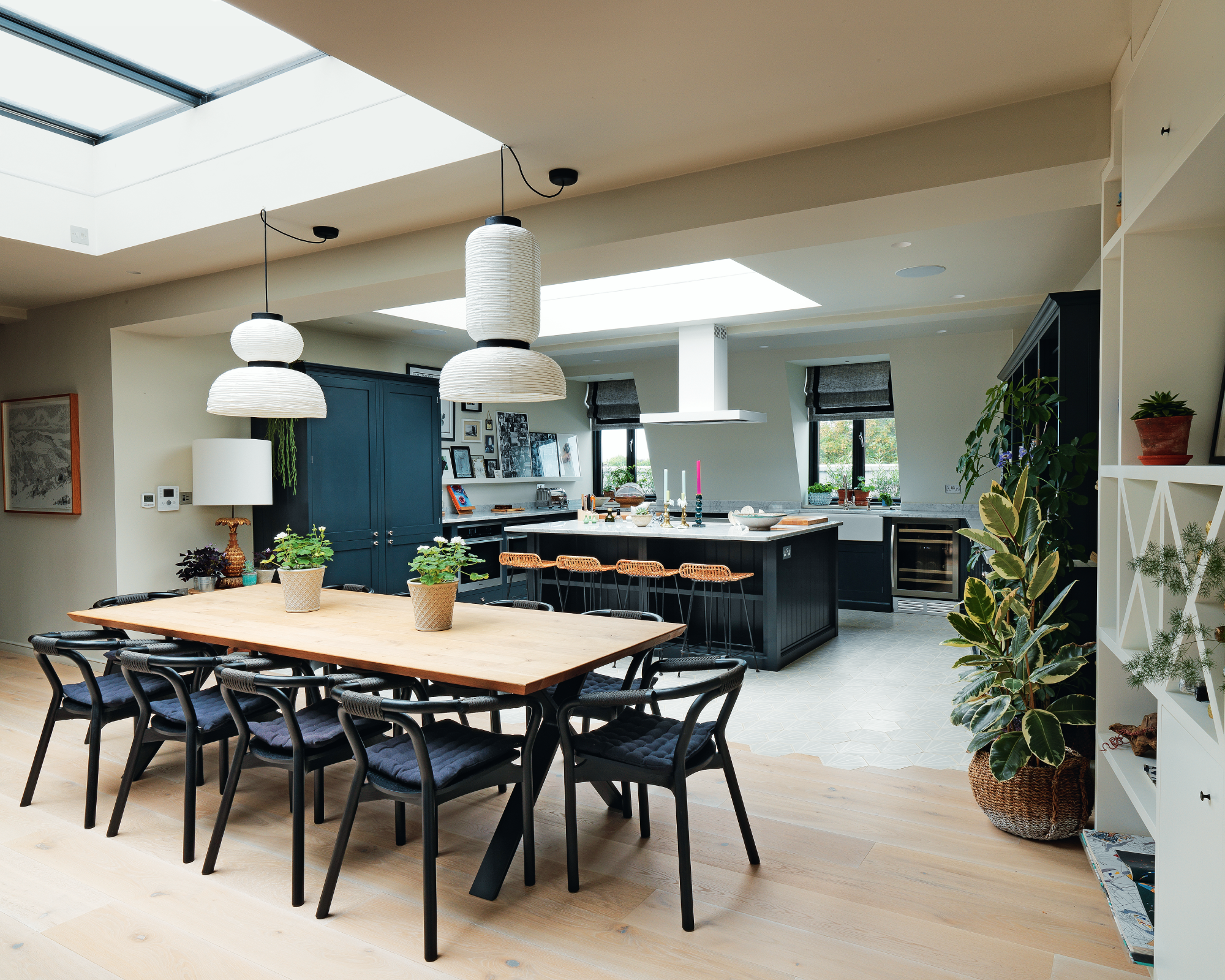
You'll need at least three to five quotes to help you get a better idea of what your project will cost and to decide who you want to work with on it. The cheapest quote won’t necessarily be the best if the results are poor. If friends or relatives have had renovations done on their homes that they are happy with, can they recommend who did it? Do they have good reviews online?
Reputable workers will be licensed. For more information on how to find out if they are, go to the National Association of State Contractors Licensing Agencies website. They will also need to be insured – if they are not, pick another bidder.
Be wary of contractors who ask for full payment upfront. Projects are often paid for in stages at the beginning, middle, and end, with the balance paid on completion and if you are satisfied with the work. Always have a contract outlining the payment agreement. Good contractors tend to be in demand, so you may need to wait until they are available – which could affect when you plan for work to start.
4. Sort out your permits
‘Assess your project's scope to determine any necessary permits,’ advises Chenise Hinds, a Washington DC and Baltimore-based interior designer, home stager, realtor, and senior contributor at Momooze. ‘Things like plumbing, electrical work, or structural changes often require sign-offs from your town or city's permitting office. Give them a call ASAP to discuss specifics – the application and approval process can take time.’
Permit costs for a small project can range from $30 to $500; permits for construction or remodeling can cost from $600 to $3,000 or more, according to GetASitePlan.com. If you are working with an architect, get their professional advice about what type you might need.

Chenise Hinds is an interior designer and licensed realtor based in the Washington D.C. Baltimore area. Her educational background includes a stint as a Graduate Assistant at the prestigious New York School of Interior Design, where she cultivated her keen eye for aesthetics and functional design.
5. Decide if you need to move out
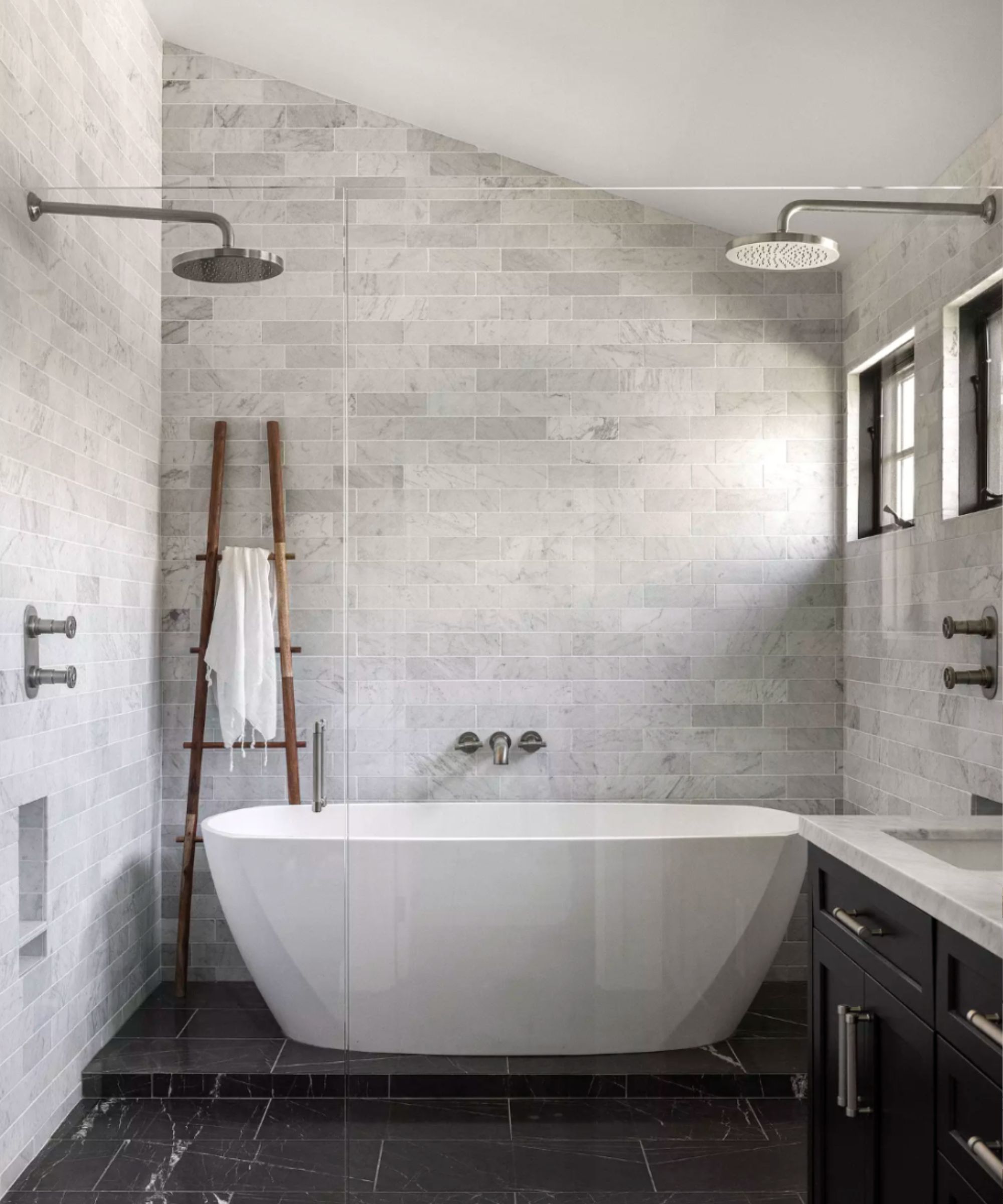
If you are having a major remodel, it may not be possible for you and your family to remain in your home while it is being carried out. If you can’t stay with friends or family, you may need a short-term rental – the cost of which will need to be factored into your budget.
On the upside, contractors can usually get their jobs done faster if they don’t have to work around you.
6. Plan to mitigate disruption
Living onsite during the renovation? Be prepared for weeks or months of dust and cramped living conditions. Set aside spaces that can be used as a temporary kitchen or bathroom when your main ones are out of commission (become a gym regular if only to use the showers).
Try and create a zone where you can escape in the evening that is sealed off from the mess and as tidy as you can reasonably make it. You could even move some of your furniture and most precious items into short-term storage to prevent them from being damaged during building works.
7. Look at logistics
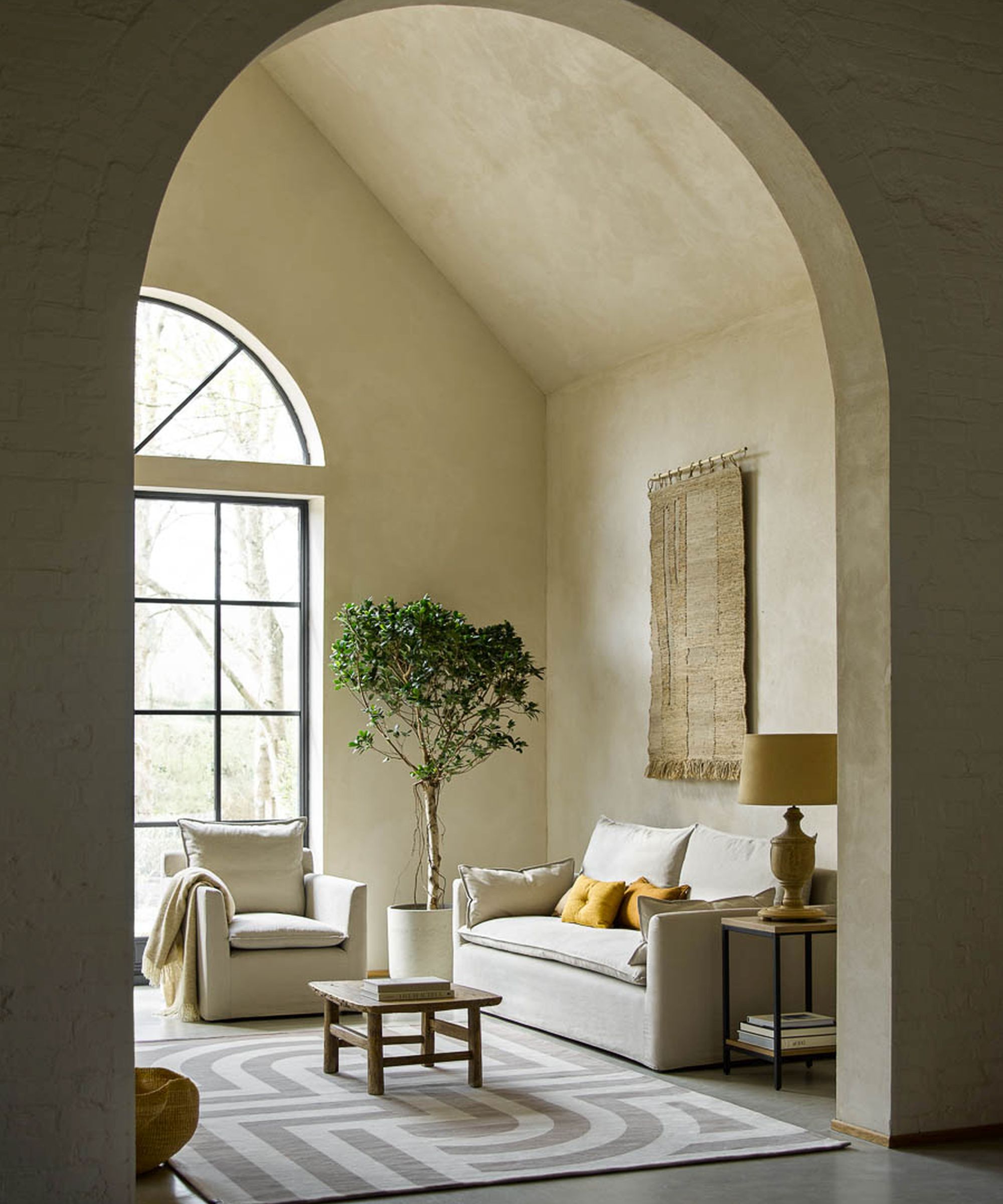
Discuss with your main contractor about who will manage the project. If you choose to do it, you will need to be responsible for ensuring everything runs without a hitch.
‘Effective project management involves mapping a realistic timeline accounting for materials lead times and drying/cure periods between steps,’ explains Chenise Hinds. ‘I recommend using an online shared calendar to schedule target installation dates for each element. This helps ensure smooth coordination between different contractors on site.'
8. Get insurance
A reputable contractor will have their own insurance, but you should always check whether your standard homeowner’s insurance covers everything you want to have done.
If it doesn’t protect against incidents or accidents during remodeling work, you could need additional covers or an increased premium, or even a more specialist policy – such as home renovations insurance.
9. Have tools for the job
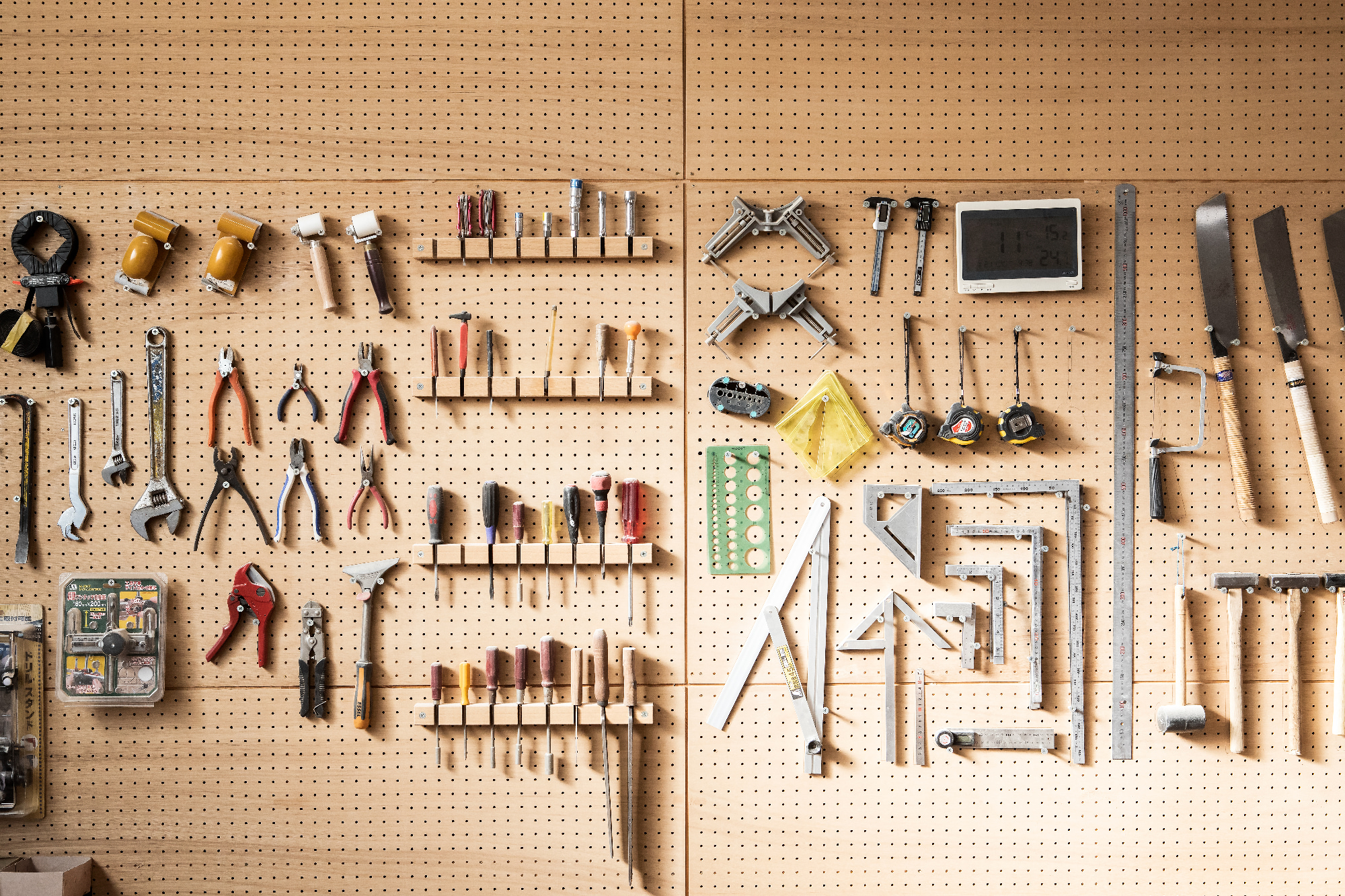
If you plan to do a lot of the work yourself, make sure you have all the right tools ready and that they are working. Amy Poulton, DIY expert and editor at Hometalk, says: ‘Create a checklist of what you need for each project, assessing your current DIY tool collection for gaps. Ask friends and family if you can borrow their equipment or consider renting it to save costs.
'Once you know which projects require which tools, you can group them together. United Rentals operates throughout the US for electric tool and equipment rental, and stores such as Home Depot and Lowe's also offer this service.’

Amy is a DIY expert who creates and oversees conten across Hometalk's verticals.
10. Talk to your neighbors
Let your neighbors know what you have planned to smooth the way when you have contractors coming and going and noisy construction work disturbing their peace.
If your home is governed by an HOA (Homeowners Association), you’ll need to get its approval before you move forward with your planned program of improvements.
If you want a remodel that truly reflects your personality, and you're not in a rush to complete it, explore the concept of slow renovating.
Taking your time allows you to enjoy creating your dream space. It also helps you avoid decision fatigue and allows you to find or save for the longed-for pieces that'll bring the whole project together.
Sign up to the Homes & Gardens newsletter
Design expertise in your inbox – from inspiring decorating ideas and beautiful celebrity homes to practical gardening advice and shopping round-ups.

Alison is a contributing gardens writer for Homes & Gardens, writing on a range of topics from plant care to garden design. She has recently landscaped the outside space of her Victorian home, replacing crazy paving and cracked slabs with new lawn, and is currently cultivating a fruit bed.
-
 Bryce Dallas Howard's bedroom is the most creative, social space in her entire home – she uses 'conversational seating' to create a multifunctional 'salon'
Bryce Dallas Howard's bedroom is the most creative, social space in her entire home – she uses 'conversational seating' to create a multifunctional 'salon'The actress's bedroom doubles as a home office thanks to its clever layout and furnishings, proving that this area is much more than a sleep space
By Hannah Ziegler
-
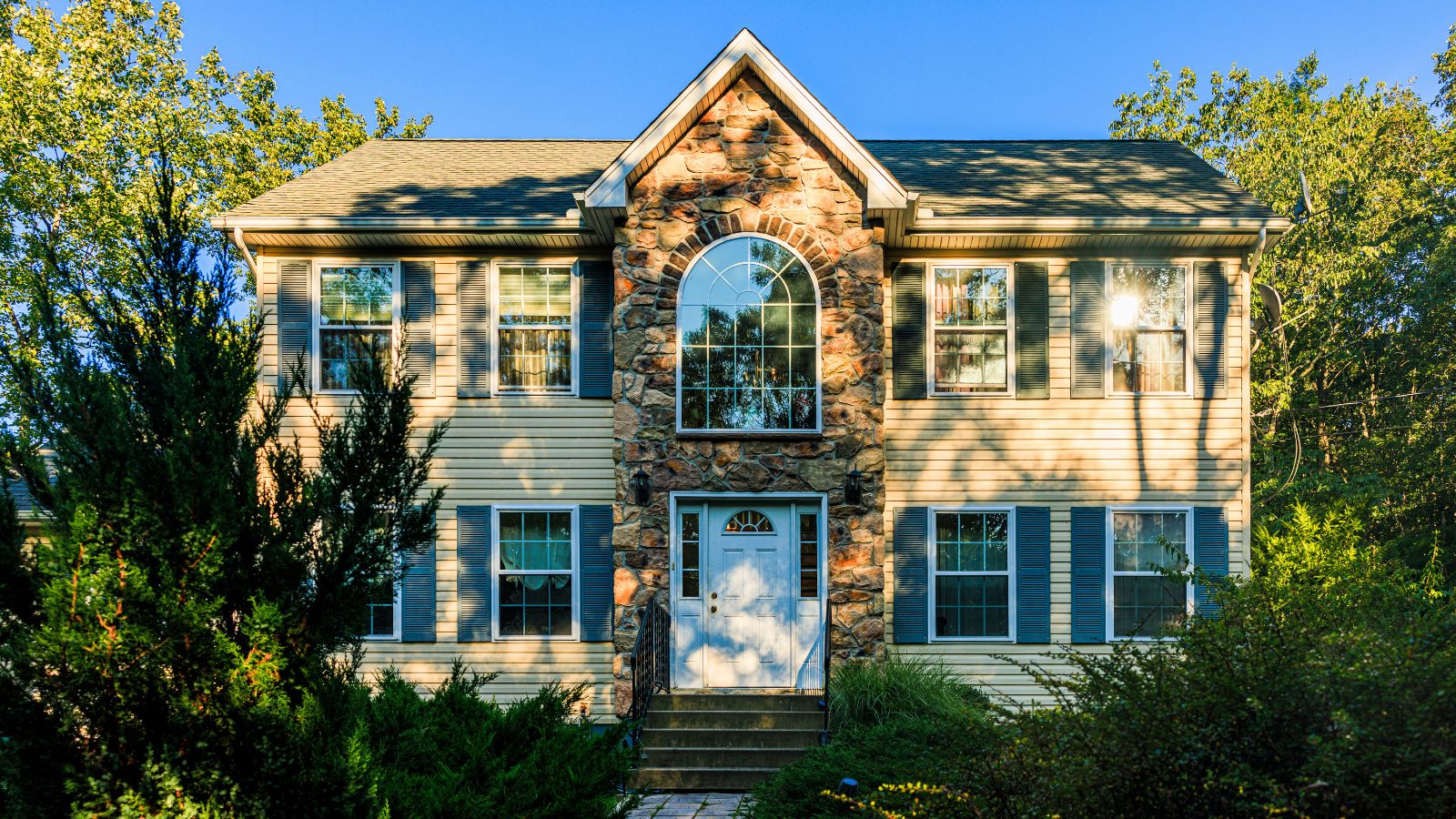 7 questions to ask yourself before moving house – realtors promise answering these questions will prevent buyer's regret
7 questions to ask yourself before moving house – realtors promise answering these questions will prevent buyer's regretDon’t make your move harder, ask these questions before moving to avoid mistakes
By Chiana Dickson